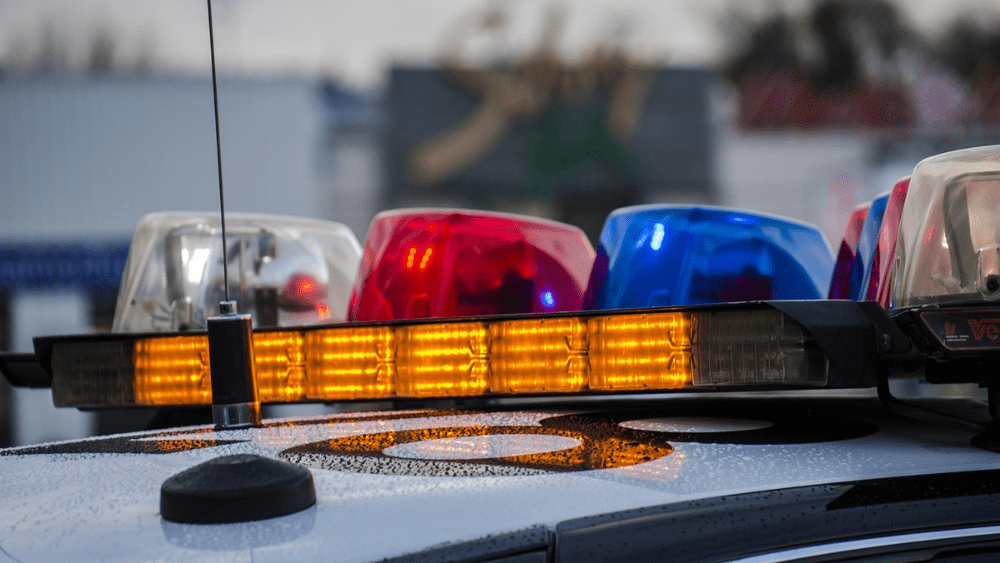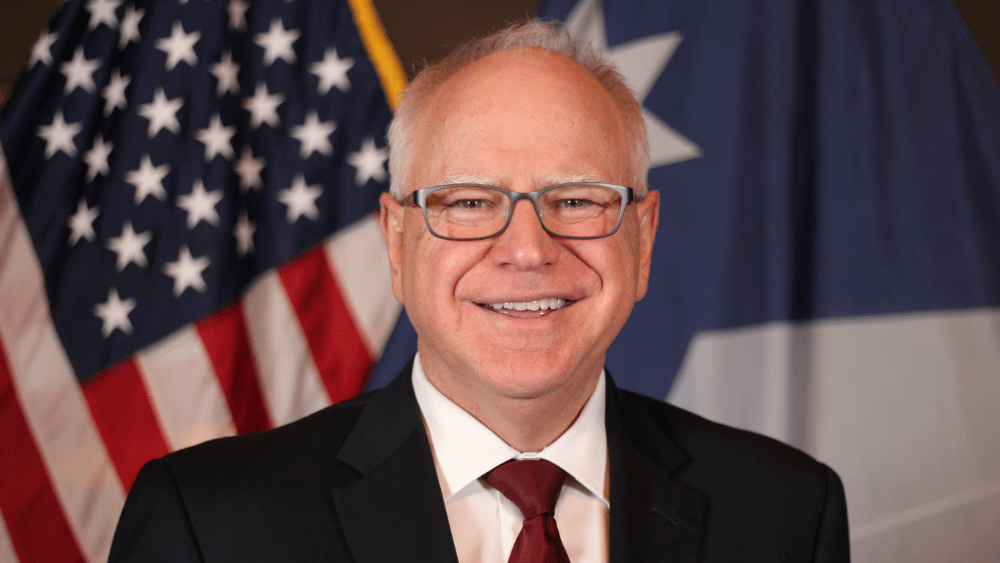By Steve Hallstrom – Special to The Farmer
(Fargo, ND) — North Dakota Attorney General Drew Wrigley says “the worst is yet to come” when it comes to the impacts of the significant number of illegal immigrants streaming into the country.
Wrigley made the comment while testifying before a congressional field hearing on border security in Grand Forks on May 29th.
The Farmer attended the hearing, which was promoted as a bipartisan meeting of the U.S. House Subcommittee on Immigration Integrity, Security, and Enforcement, but no Democrats were present.
Multiple members of the state’s law enforcement community spoke to U.S. House members under oath, with extensive testimony on both the southern and northern borders of the United States.
Wrigley was joined by Cass County Sheriff Jesse Jahner, Executive Director of the Walhalla Chamber of Commerce Rebecca Davis, and Renville County Sheriff Rodger Hutchinson. Each speaker also entered written testimony into the record for lawmakers to consider.
Jahner specifically addressed the amount of fentanyl being brought into the country.
“You can purchase M30 pills near the southern border for as little as $0.25 cents a pill and sell that same pill in our area for $60-80, drastically increasing profit margins,” said Jahner, saying this is a key reason why drug traffickers choose to sell in our region.
Jahner, the chair of the Dakota Territory Sheriff’s Association, representing Sheriffs’ Offices in North and South Dakota, continued to say public safety isn’t political, and urged attending lawmakers to push for either closing the nation’s borders or crafting a structured policy that prioritizes the safety of citizens. He said most of the drugs that land in the Dakotas come through “hub cities” of Denver, Minneapolis, and Chicago but that some is brought directly from the southern border.
“The catastrophically porous Southwest border of the United States,” said Wrigley, “has led to the present reality that all of America is now very much a border state. And I’m not referring to the northern border. North Dakota is now very much a southwest border state as a result of the last few years. Our sector of the northern border has long needed security attention, especially in light of the September 11th, 2001, terrorist attacks on this nation. However, the situation has deteriorated significantly in recent years and the current situation is untenable with millions of illegal aliens streaming across the southwest border. North Dakota is already experiencing negative law enforcement impacts as a result of the Biden administration’s refusal to shut down the border. But my concern is that the worst is very much yet to come both in the way of street crimes and violence even being experienced here in North Dakota but also in the arena of America’s national security.”
The sheriff of Renville County, which sits directly on the Canadian border, echoed the sentiment, warning that a lack of resources is leaving the border “wide open” to potential national security threats as unvetted migrants pour into the U.S. Roger Hutchinson testified that law enforcement officers are fielding calls on dead bodies, high speed pursuits, property damage and humanitarian rescues due to the border crossings.
Jahner also talked about the crime numbers and potential for terrorism, saying that as sheriff he does not run on party lines but that he, and other North Dakota Sheriffs continue to see a potential of increased terrorism. “Without the proper control of the flow, or vetting of those coming into our country, it is not a question of ‘if anything is going to happen, it’s a matter of when’ and how many of our citizens are going to be hurt. So, I ask, how did we not learn our lessons from September 11th, 2001?”
The meeting was chaired by Congressman Mike Kelly of Pennsylvania, who spoke with anger and emotion at times.
He referred to his own family, when describing the damage that drug trafficking has done in this country, referring to his son whom he said was in jail not because he was a criminal, but because he was an addict.
Kelly said, “Is this a red issue is this a blue issue, is this Republicans, is this Democrats, and the answer is yes. It is all of us. My question is, ‘where is the outrage from the American people.’ How can we sit back and watch this dereliction of duty…how long can we sit and wait? How long can we be told ‘there’s no problem there?’ I’ve got to tell you, this stuff is the kind of stuff that makes you want to stand up and say I am not going to put up with this, I am not going to stand for this. I am not going to allow this to go on and on and on, I’m tired of burying little kids that I coached.”
Kelly’s office released the following data as part of the hearing:
Northern border crossings (by fiscal year)
– FY2024 (to date): 108,155
– FY2023: 189,402
– FY2022: 109,535
– FY2021: 27,180
Excluding marijuana, drug smuggling has increased by 1153% along the Northern border between Fiscal Year 2021 and Fiscal Year 2023.
– Ecstasy increased 329%
– Cocaine increased 2,787%
The Northern Border is longest international border in the world, measuring 5,525 miles, the U.S. Northern border has only 115 ports of entry (compared to 330 at the Southwest Border) with no performance measures to assess security between ports.
Since President Biden took office three years ago, there has been a 485% increase in Northern land border encounters.
– In January 2021, there were only 997 Northern land border encounters. Since then, this number has skyrocketed each month. In January 2024, there were 15,800 encounters. This is a 1,484% increase in one of the coldest months of the year.
– In FY2020, there were 32,376 border encounters. In FY2023, there were 189,402. Through the first seven months of FY2024, there have been 108,155 encounters
It was also reported, in advance of the hearing, that U.S. Customs and Border Patrol seized 67 abandoned firearms at the Northern Border in three abandoned backpacks in Mid-May.
Authorities say they discovered the firearms west of Neche, near the port of entry, after they say two persons were found leaving the area from the Canadian border. The backpacks were discovered nearby. A total of 65 handguns, two rifles, one suppressor, and magazines for each firearm were found in the backpacks.
Border officials say bulk firearm discoveries are uncommon, but do occur.
“This serves as a humbling reminder of how critically important our mission is,” Chief Patrol Agent Scott D. Garrett stated. “I’m extremely proud of the agents’ vigilance and quick response that led to the successful outcome of this incident.”
In March, 22 House Republicans sent a letter to Homeland Security Secretary Alejandro Mayorkas expressing concern over a surge in apprehensions along the Canadian border amid what they called an “orchestrated crisis” by the Biden administration.
U.S. Homeland Security reports that in the 2023 fiscal year, Border Patrol agents apprehended 10,021 aliens illegally crossing the border between ports of entry, including 2,229 apprehensions in the first four months alone.
Rep, Kelly’s office reports that in the first four months of the 2024 fiscal year, through January 2024, the Border Patrol has already apprehended 4,772 subjects along the northern border, and that, since October 1, 2023, border agents have encountered 10,337 noncitizens who have been convicted of a crime, whether in the United States or abroad.




